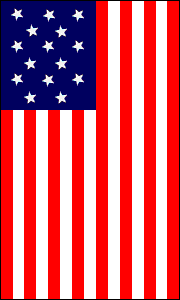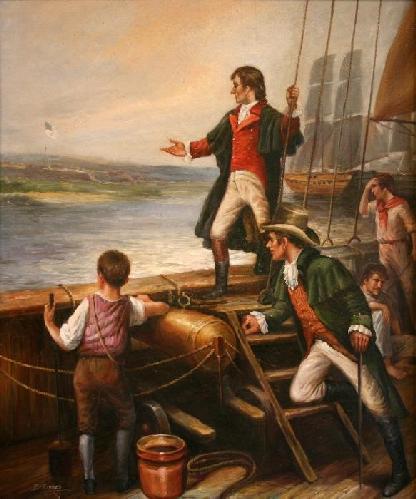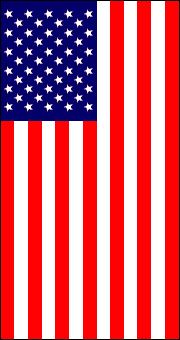Parading the Colors


"O say can you see": The moment that inspired Francis Scott Key to compose "Defense of Fort McHenry," the poem that became America's national anthem, "The Star-Spangled Banner." (Painting by Edward Moran, 1912.) The War of 1812 had been raging for two years when a British naval squadron carrying 5,000 troops arrived off Baltimore, Maryland, with the intention of capturing the city. Early on the evening of 13 September 1814 the British warships opened a bombardment of Fort McHenry, which guarded the approach to Baltimore Harbor. Key, a Washington lawyer who had come to Baltimore to negotiate the release of a civilian prisoner of war, watched the bombardment from a nearby truce ship. From time to time during the night the bursting of mortar bombs and rockets enabled him to catch a glimpse of the fort’s large garrison flag. As dawn broke on 14 September Key saw that “our flag was still there,” indicating that Fort McHenry remained in American hands. That very morning he began to compose his poem. The rest is history.
The Star-Spangled Banner
Performed by the United States Army Ceremonial Band, "Pershing's Own: Open in New Tab
I
O say can you see by the dawn's early light,
What so proudly we hailed at the twilight's last gleaming,
Whose broad stripes and bright stars through the perilous fight,
O'er the ramparts we watched, were so gallantly streaming?
And the rockets' red glare, the bombs bursting in air,
Gave proof through the night that our flag was still there;
O say does that star-spangled banner yet wave,
O'er the land of the free and the home of the brave?
II
On the shore dimly seen through the mists of the deep,
Where the foe's haughty host in dread silence reposes,
What is that which the breeze, o'er the towering steep,
As it fitfully blows, half conceals, half discloses?
Now it catches the gleam of the morning's first beam,
In full glory reflected now shines in the stream:
'Tis the star-spangled banner, O! long may it wave
O'er the land of the free and the home of the brave.
III
And where is that band who so vauntingly swore
That the havoc of war and the battle's confusion,
A home and a country, should leave us no more?
Their blood has washed out their foul footsteps' pollution.
No refuge could save the hireling and slave
From the terror of flight, or the gloom of the grave:
And the star-spangled banner in triumph doth wave,
O'er the land of the free and the home of the brave.
IV
O thus be it ever, when freemen shall stand
Between their loved home and the war's desolation.
Blest with vict'ry and peace, may the Heav'n rescued land
Praise the Power that hath made and preserved us a nation!
Then conquer we must, when our cause it is just,
And this be our motto: "In God is our trust."
And the star-spangled banner in triumph shall wave
O'er the land of the free and the home of the brave.
